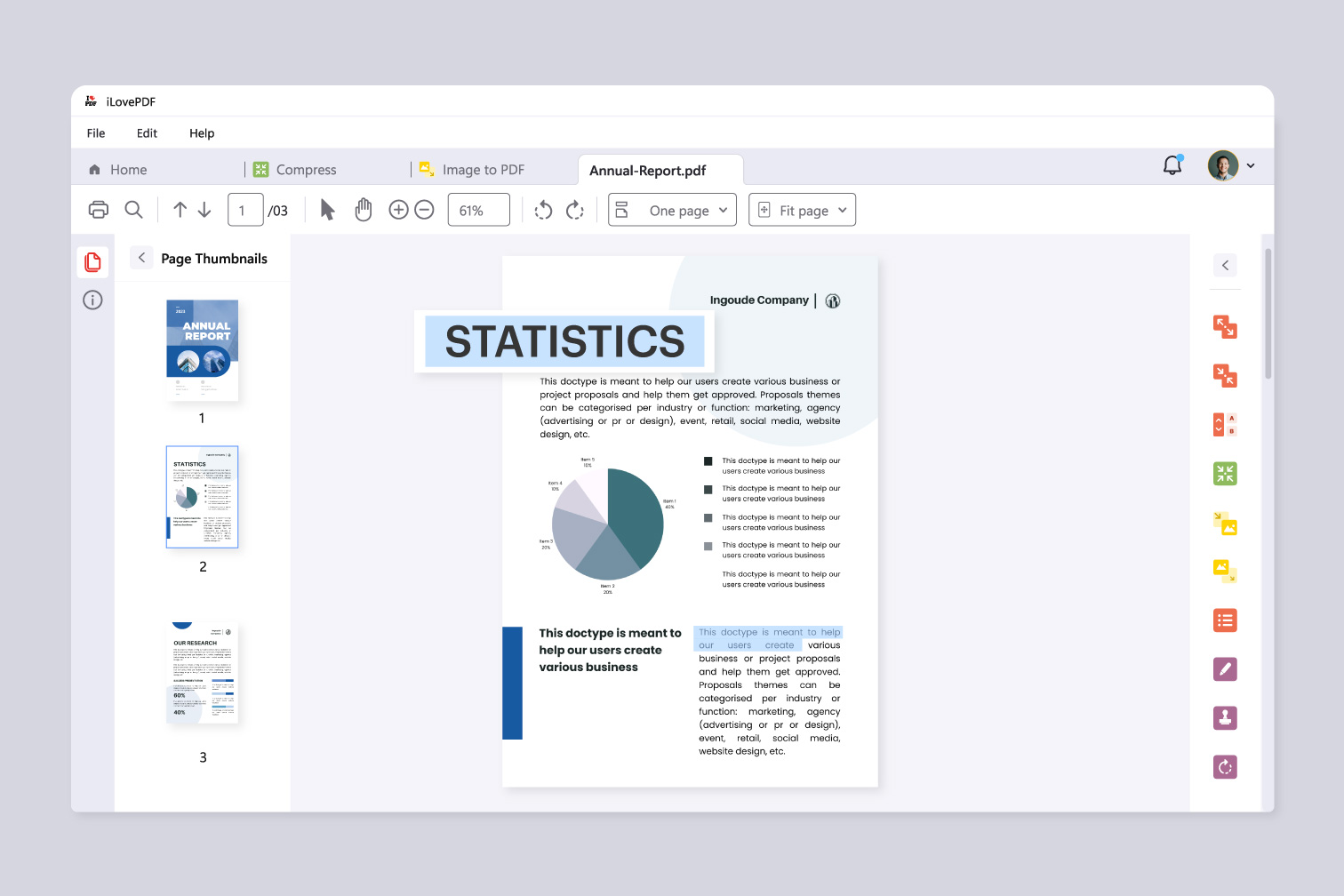Let us consider a scenario. You wake up and check the messages on your phone, put some water in the electric kettle to brew coffee, and use GPS to get the quickest directions to your workplace. You have done all these things before your day has truly started. By now, you must have noticed that you have already interacted with different forms of technology. So, what does this word mean to you?
We see the application of technology everywhere; it helps to automate household chores, facilitates communication, and even assists within the operation rooms of a hospital. In this piece, we will cover the historical evolution of technology, how it started, what revolutionary changes have occurred during its lifespan, and what does the future hold for us?
The Meaning of Technology
The phrase ‘technology’ can be encapsulated as it is a fusion of the Greek word technology (technique) and gramma (letter). Technology helps resolve existing issues and challenges people face on a day-to-day basis. Technology is integrated with tools, systems, machines, and processes that make basic chores more effective and time-efficient.
Consider the common hammer and nail. Sharp stones were being used to cut wood long before people upgraded to sharpened Metal Man tools, and today we have simple hammers that perform the same task. This is an example innovation is having and has been having for centuries.
Medical devices, transportation systems, agricultural technology, and telecommunication equipment differ from computers, smartphones, and the internet, but these modern advances of technology that we often use rely on technology. They are not yet the frontiers. Indeed, no matter where you look technology plays a crucial role in how we live, like the devices we use daily, the food we consume, and even our attending infrastructure.
Different Types of Technology
With so many advances today, the essence of technology gets often muddled up, so here are some of the most important ones to help us understand the concept of technology further.
1. Information and Communication Technologies or ICTs
This form of technology includes computers, the internet, smartphones, and social media tools. People from all over the world can connect, share, and work, not limited by their geography, courtesy of ICTs. Quite inefficient compared to modern-day expectations in the scope of enterprise, learning, and engagement as traditional means restrict.
2. Medical Innovations
Consider X-ray machines, MRI scanners, and robotic surgery. These innovations enable doctors to diagnose and treat diseases with greater speed and accuracy. Healthcare would not be as advanced without simple devices such as thermometers and blood pressure monitors.
3. Industrial and Manufacturing
Factories of today no longer depend solely on employees to produce goods, as robots, automated systems, and sophisticated machines are readily available. These advancements make it possible to manufacture products on a large scale, saving money and improving productivity.
4. Energy and Environmental Solutions
Given the great concern about climate change, scientists are focused on finding solutions to produce energy more efficiently. Solar panels, wind turbines, and electric cars are innovations designed to lessen pollution and provide more effective ways of producing energy.
5. Transportation
The way we move from one place to another has changed tremendously ever since the wheel was invented, and now we have self-driving cars. We now have airplanes, bullet trains, and even space flights all thanks to advancements in this area.
Innovations have affected people’s lifestyles in every category across the globe. But what is it that brought us here?
The Evolution of Technology
For hundreds of thousands of years, humans have developed endless tools that evolved over time. The oldest tools invented date back to the Stone Age, when simple hand-crafted tools were developed for hunting and farming, but over-ear, numerous inventions with tools were made that benefited society on a massive scale.
1. The Agricultural Revolution
Around 10,000 years ago, there was a shift in the attitude of humans from gathering and hunting to farming. The change was possible due to the invention of mediums used for planting, harvesting, and irrigation. This improvement enabled large societies to settle down in a singular region, leading to the development of the beginning.
2. The Industrial Revolution
With the development of steam engines, spinning engines, and even the earlier design of factories, there was a change in the mid-1700s and 1800s. These innovations increased the output of goods while providing a shift from manual work. This resulted in rapid growth across urban cities, boosting trade and transportation.
3. The Digital Age
With the introduction of computers and the internet in the 20th and 21st centuries, this era can now be referred to as the “Digital Age.” From the first personal computer being set up to artificial intelligence taking over, we’re in an era where technology has bound itself to every aspect of life.
Every major advancement is built upon past ones and prepares for a future with even greater possibilities.
How Technology Impacts Everyday Life
It is crucial to remember that, regardless of how simple life seems to be, there is plenty of technology to offer. From the invention of smart gadgets to the internet, life is made exceedingly more comfortable. Consider these areas where advancements have made a huge difference:
1. Communication
At one point in time, people could only hope to receive a response to their letters weeks after sending them. Fortunately, today, millions can send messages via social media, email, or text and receive responses within seconds. People can now also make video calls to see one another, even if they are miles apart.
2. Healthcare
People are living longer than they ever have due to numerous inventions. From simpler things such as vaccines to complicated robotic-assisted surgeries, life has had drastic improvements. Smartwatches also enable users to monitor their heart rate, sleeping patterns, and overall health.
Education
Online learning platforms and digital textbooks have opened a new world of knowledge access for students. Modern schools implement enhanced learning features like artificial intelligence, screens that can be interacted with, and virtual reality sets.
Entertainment
Virtual reality and streaming services, along with video games, have provided humans with a new shape of entertainment. Unlike the previous generations, people today can watch movies, play video games, or listen to their favorite songs at the click of a button on their devices.
Work and Business
Remote work has become an option for many people with collaboration tools and cloud computing. Data analytics and artificial intelligence have helped businesses improve customer service and smarter decisions.
Though things would have changed immensely without these advancements, the real question remains: where are we headed next?
Future of Technology
Wonderous possibilities are set forward as science continues to advance. Some of the prominent changes include:
1. Artificial Intelligence and Automation
Self-driving cars, virtual assistants, and the healthcare industry have already implemented AI. Businesses may become more efficient with machines taking control of tedious jobs in the future.
2. Quantum Computing
Quantum computers are capable of providing an unimaginable boost to the speed of processing information, unlike conventional computers. Everything from medicine to cyber security could see this new revolution.
3. Clean Energy
As the world starts to run out of fossil fuels, scientists are looking for better methods to store solar, wind, and nuclear energy. This, coupled with advancements in battery storage, could provide cleaner energy for the world to use.
4. Space Exploration
Space travel is rapidly improving, especially with Elon Musk’s SpaceX and NASA planning missions to Mars. Put simply, being able to have human settlements on different planets is no longer considered science fiction.
Innovation is a continuous process. What we consider a breakthrough today will dramatically change life in the future beyond our imagination.
Concluding Thoughts
From simple tools to complex microprocessors and Artificial Intelligence, technology has evolved significantly, and it will keep evolving. It has impacted every single aspect of life, including, but not limited to, communication, healthcare, business, and entertainment. With more discoveries, the world will keep changing, presenting new opportunities along with new challenges.
Next time you use an app, watch a movie, or pick up your phone, spare a moment to think about everything that you have achieved. The possibilities are endless if we continue to innovate, and we are just at the beginning of this journey.





Leave a Reply